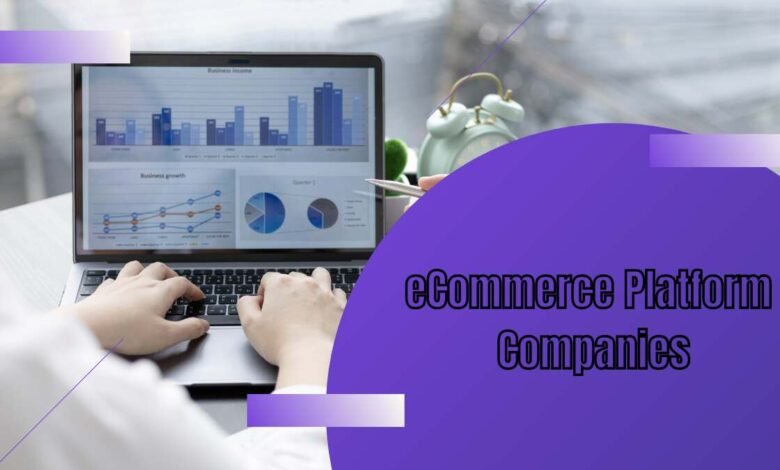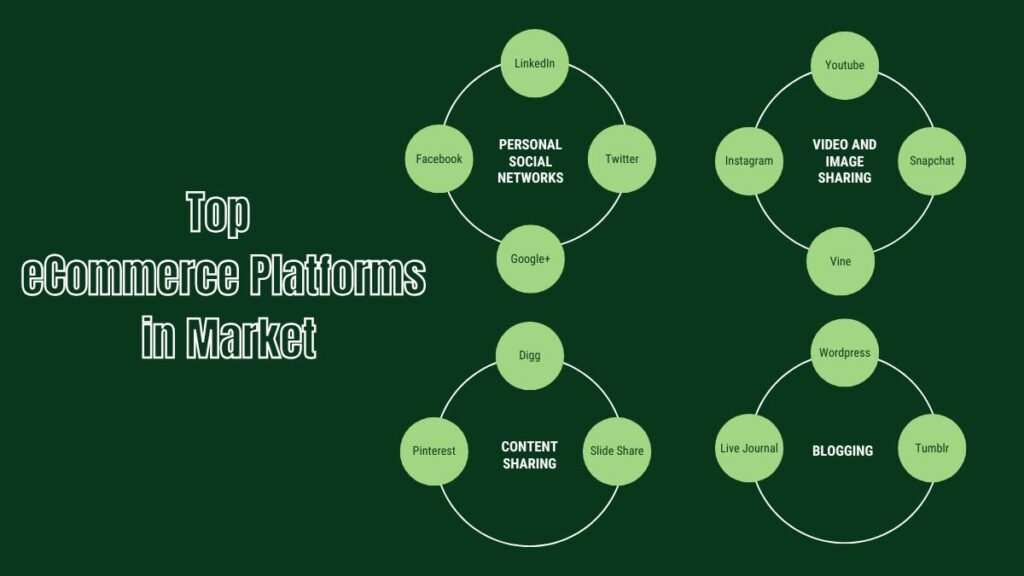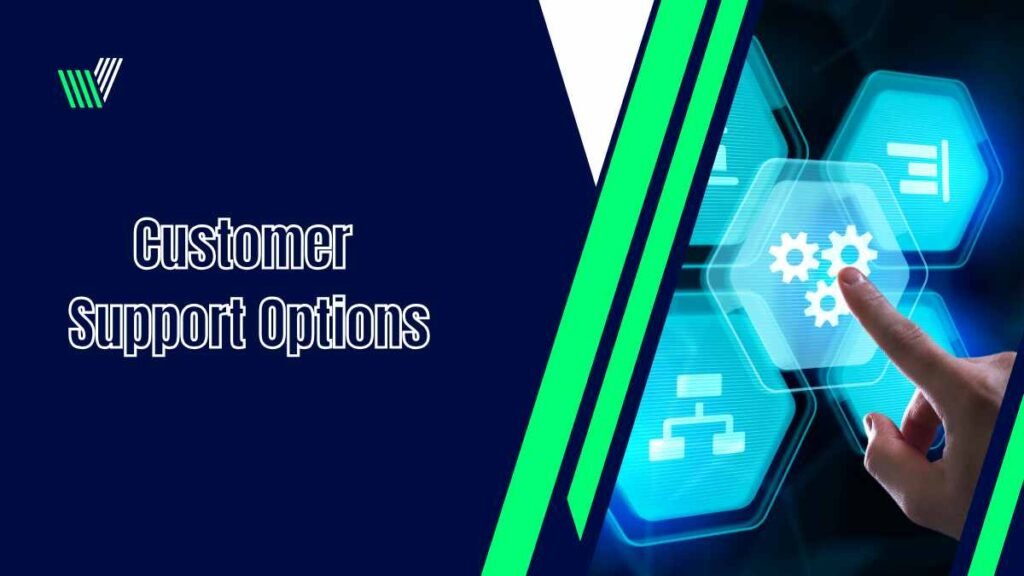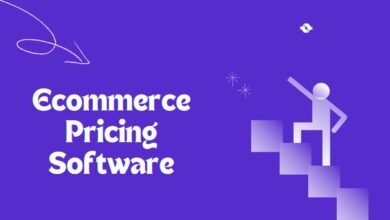eCommerce Platform Companies: Ultimate Guide to Choosing

eCommerce platform companies is more than just a trend—it’s a business necessity. With millions of consumers turning to online shopping. Having a solid eCommerce platform is essential for any business looking to grow and succeed in the online marketplace. Here, we’ll dive into some of the top eCommerce platform companies. Including Shopify, WooCommerce, BigCommerce, Magento, and Salesforce Commerce Cloud, and discuss what makes each unique.
Why Choosing the Right eCommerce Platform Matters
Selecting the right eCommerce platform can significantly impact your business operations, customer experience, and growth potential. The platform you choose will determine how your website looks, how efficiently it runs, and how easy it is for customers to navigate. A suitable platform can enhance customer satisfaction, streamline backend processes, and help with scaling as your business grows.
Top eCommerce Platforms in Market

Several eCommerce platforms have emerged as leaders in the industry, each offering distinct features and capabilities.
Shopify: A Leading Solution for Small and Medium Businesses
Shopify is a well-known platform that empowers small and medium businesses with easy-to-use tools for building an online store. With a variety of pre-made templates, robust security features, and seamless payment integrations. Shopify makes it simple for even non-technical users to launch an online store. It also offers a vast selection of apps and plugins, allowing businesses to customize their site as they grow.
Must Visit: Well Wave
WooCommerce: A Flexible Option for WordPress Users
For businesses already using WordPress, WooCommerce is a powerful choice. This open-source plugin turns a WordPress site into a fully functional eCommerce store. Known for its flexibility, WooCommerce offers extensive customization options and allows businesses to integrate nearly any feature they need. WooCommerce is particularly popular among those who want control over every aspect of their online store without compromising on SEO.
BigCommerce: An All-in-One Solution for Growing Enterprises
It offers a range of built-in tools that help streamline business operations, such as inventory management, advanced analytics, and marketing tools. BigCommerce is known for its robust SEO capabilities and strong scalability, making it a good fit for businesses planning to expand their online presence.
Magento: eCommerce Platform Companies
Magento is often the go-to choice for large businesses with complex needs. Known for its high degree of customization, Magento offers both a community edition (free) and an enterprise edition (paid), catering to businesses of various sizes. This platform supports advanced customization and a wide range of third-party integrations, which makes it a popular choice for tech-savvy users and businesses with in-house development teams.
Salesforce Commerce Cloud: A Scalable Solution for Enterprise-Level Needs
With strong integration capabilities and access to Salesforce’s suite of CRM tools, Commerce Cloud allows businesses to deliver personalized shopping experiences. This platform is ideal for businesses with complex needs and a focus on creating a unified customer experience across multiple channels.
Key Features of Leading eCommerce Platforms
When comparing eCommerce platforms, certain key features are essential for running a successful online store.
Customization and Flexibility
The ability to customize an eCommerce platform is crucial, especially for businesses with unique branding or complex operational needs.
User-Friendliness
An easy-to-use platform can make a huge difference, particularly for small business owners without a technical background. which help simplify the process of setting up and managing an online store.
Payment and Shipping Integrations
Ensuring seamless payment and shipping options is vital for any eCommerce business. Most top platforms, including Shopify and WooCommerce, offer integrations with major payment gateways and shipping providers, providing a smooth checkout experience for customers.
Pricing Models: eCommerce Platform Companies
Shopify, WooCommerce, and BigCommerce offer tiered pricing plans, which allow businesses to choose based on their budget and needs. Magento has a free version, but its enterprise edition can be costly, and Salesforce Commerce Cloud operates on a custom pricing model tailored to large enterprises.
Customer Support Options

Customer support can be vital for businesses new to eCommerce. Shopify and BigCommerce provide 24/7 support, while WooCommerce users often rely on community support. Salesforce Commerce Cloud offers dedicated support but usually targets larger businesses.
SEO Capabilities
WooCommerce and BigCommerce are known for their strong SEO capabilities, making them great choices for businesses focusing on search engine visibility. Shopify also offers solid SEO tools, though some users may find the customization slightly limited compared to WooCommerce.
Choosing the Right Platform for Your Business
When selecting an eCommerce platform, it’s essential to consider your business’s specific needs and goals.
Assessing Business Needs and Goals
For businesses aiming for rapid growth, scalability and performance are crucial. A platform like Salesforce Commerce Cloud, known for handling high volumes, might be a better fit for large enterprises, while small businesses may find Shopify’s simplicity more appealing.
Consideration of Budget and Resources
Budget is another significant factor. Shopify and WooCommerce offer affordable entry points, whereas Magento and Salesforce Commerce Cloud may require larger investments, especially for custom development or enterprise-level features.
Future of eCommerce Platforms
The eCommerce landscape is continually evolving, with new technologies and trends shaping how businesses engage with customers online. With innovations in AI, personalized shopping experiences, and enhanced data analytics, eCommerce platforms are becoming more adaptive to individual customer needs. In the coming years, we can expect platforms to further integrate these advanced technologies, making them even more powerful tools for businesses.
Conclusion
Choosing the right eCommerce platform is essential for building a successful online business. Shopify, WooCommerce, BigCommerce, Magento, and Salesforce Commerce Cloud each offer unique advantages suited to different types of businesses. From Shopify’s simplicity to Magento’s customization and Salesforce’s enterprise focus, each platform has something valuable to offer. By evaluating your business’s needs, budget, and growth plans, you can select a platform that best aligns with your goals.
(FAQs)
What is the best Online business stage for private companies?
Shopify is a popular choice for small businesses due to its ease of use and variety of tools that make it simple to set up and manage an online store.
Can WooCommerce be used without WordPress?
No, WooCommerce is specifically designed as a WordPress plugin, so it requires a WordPress site to function.
Is Magento suitable for beginners?
Magento is best suited for users with technical knowledge or businesses with access to developers, as it is highly customizable and requires more setup than other platforms.
What are the main advantages of using BigCommerce?
BigCommerce offers a range of built-in tools for SEO, marketing, and inventory management, making it ideal for businesses focused on growth.
How does Salesforce Commerce Cloud differ from other platforms?
Salesforce Commerce Cloud offers advanced integrations with CRM tools and is designed for enterprise-level businesses focused on scaling and delivering personalized customer experiences.
Read More: Artificial Intelligence in Network Security


